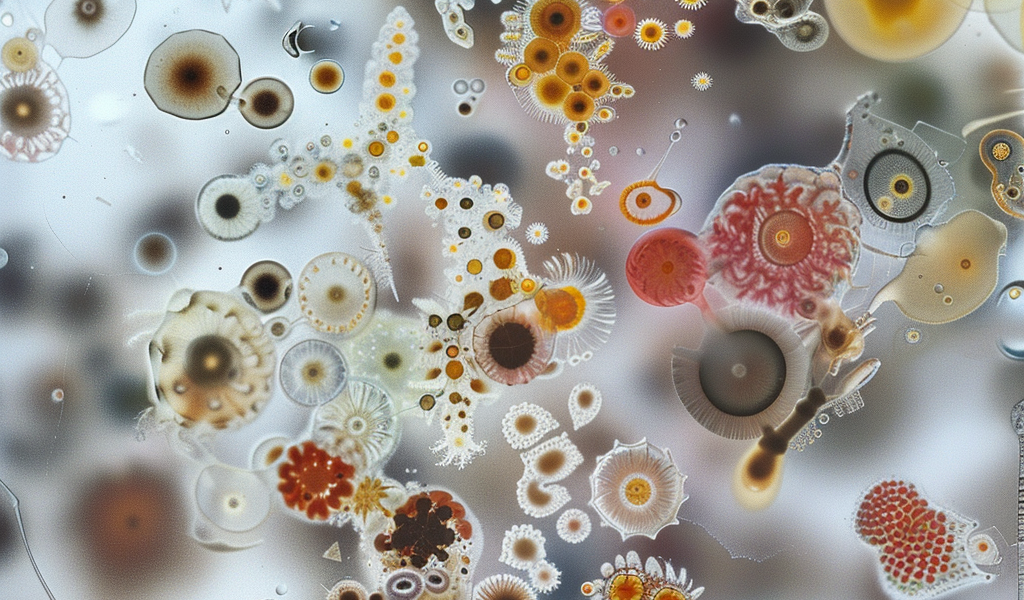In a groundbreaking study conducted by scientists at the University of Wisconsin–Madison and Vanderbilt University, a possible answer to a long-standing question about evolution has been proposed. The research, based on an extensive genomic dataset, sheds light on why some species are generalists while others are specialists.
Led by UW–Madison professor of genetics Chris Todd Hittinger and Antonis Rokas, a biology professor at Vanderbilt, the team analyzed the genetic makeup, dietary preferences, and habitats of over 1,000 yeast species. By constructing a family tree of these single-celled fungi that spans 400 million years of evolution, the researchers uncovered key insights.
The findings, published in the journal Science, indicate that internal factors, rather than external ones, play a crucial role in determining the range of carbon sources that yeasts can consume. Surprisingly, the study revealed that metabolic versatility, or the ability to utilize various food sources, does not necessarily come at the expense of specialization. Some yeasts exhibit proficiency in consuming a wide array of carbon sources without compromising their effectiveness.
According to Hittinger, the results challenge conventional assumptions about specialists and generalists in the context of carbon utilization. The research suggests that specialists should excel in their specific carbon sources, while generalists, who consume a broad spectrum of foods, are typically less adept. However, the study findings defy this expectation.
This study represents a culmination of a ten-year project aimed at establishing a comprehensive database that correlates yeast genomes with their traits. The genomic dataset compiled for this study is the most extensive ever assembled for such a diverse and ancient group of organisms.
Hittinger, an investigator at the Great Lakes Bioenergy Research Center focusing on yeast metabolism, emphasizes that besides enhancing our understanding of biodiversity, the database can be instrumental in identifying or engineering yeasts with enhanced capabilities for converting plant sugars into biofuels and other sustainable alternatives to fossil fuels.
Commencing in 2015, Hittinger’s team embarked on sequencing the genomes and investigating the metabolic profiles of nearly all known species of yeasts, showcasing the vast diversity in their dietary preferences and adaptations.





